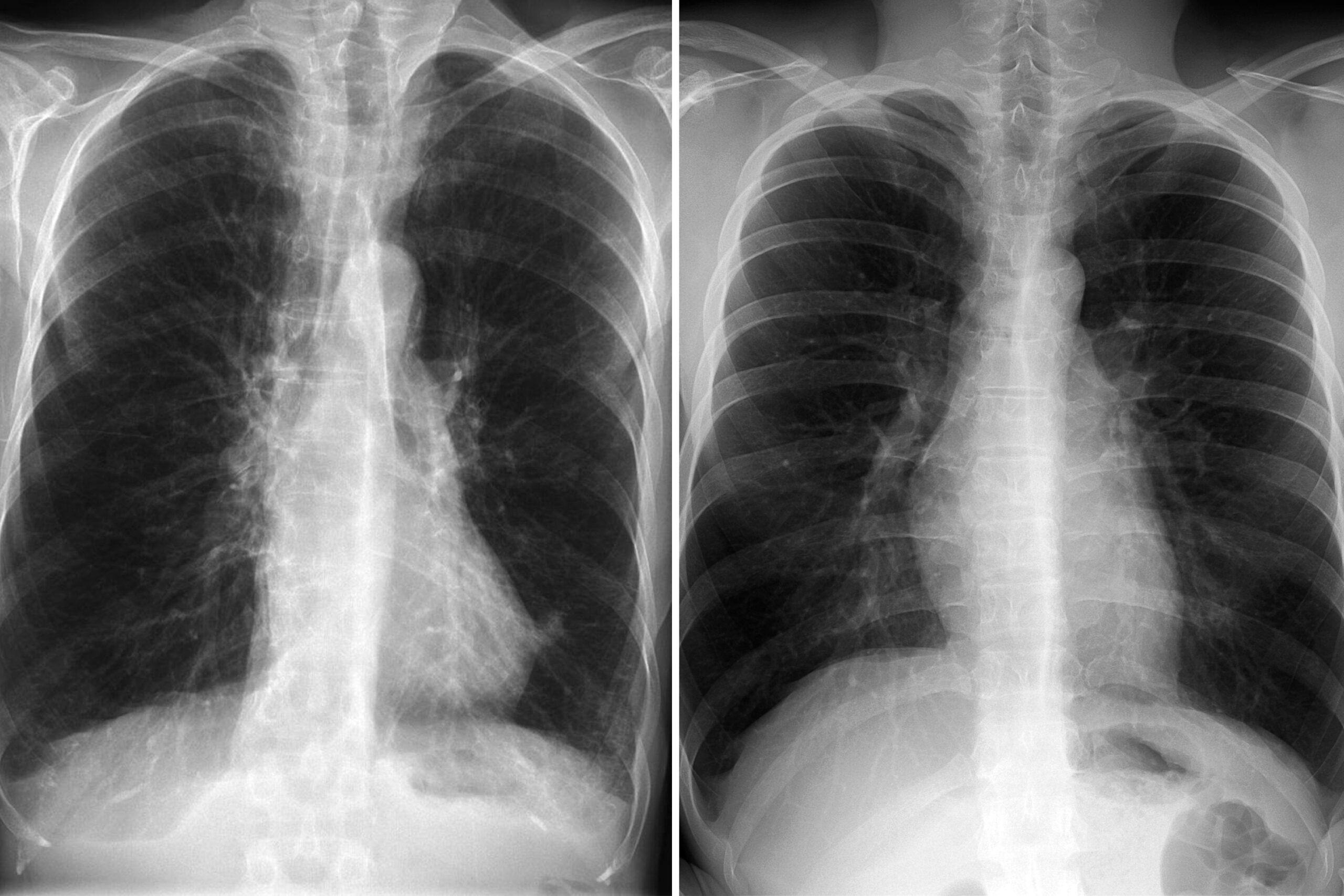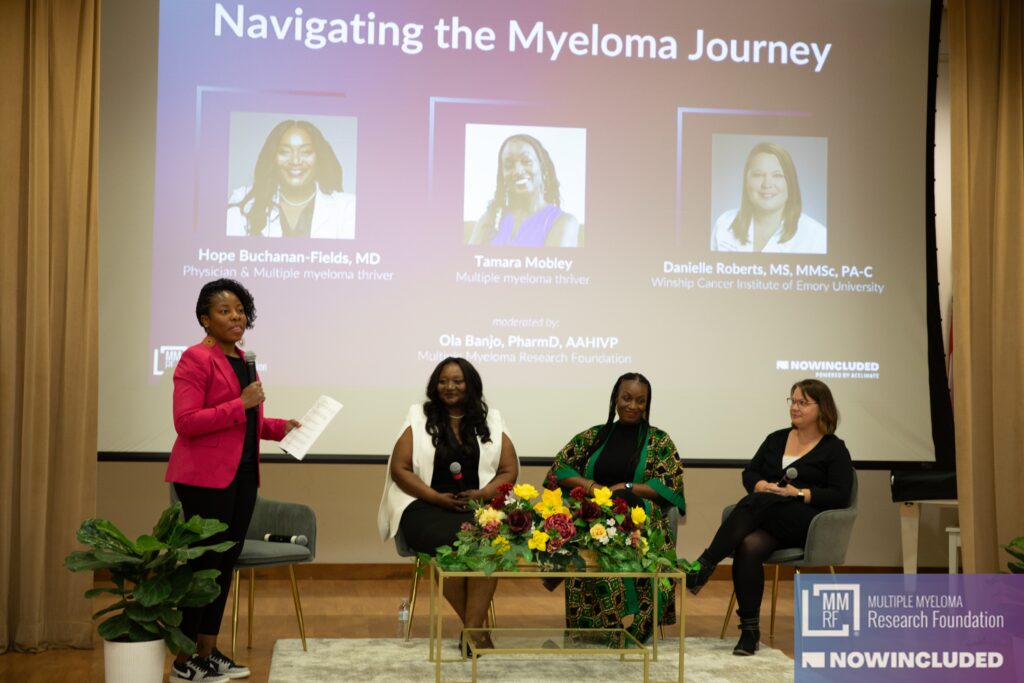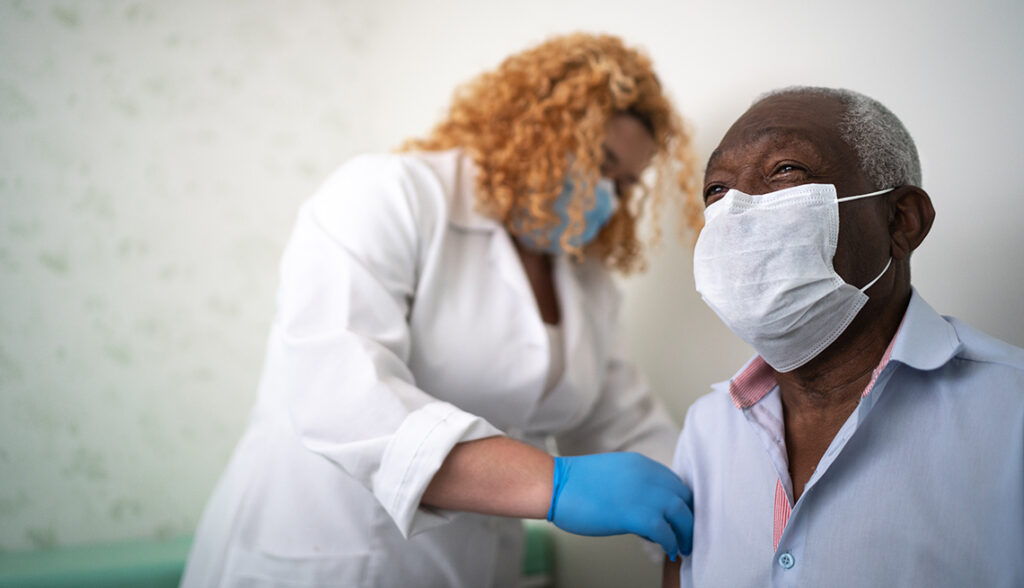In a candid and insightful interview, Dr. George Solomon, a distinguished expert in respiratory diseases, talked to our NOWINCLUDED community to shed light on various aspects of chronic obstructive pulmonary disease (COPD). Check out the short interview below to explore lesser-known signs of COPD, as well as common misconceptions, whether genetics is involved in diagnosis, and the vital role clinical research plays in managing it.
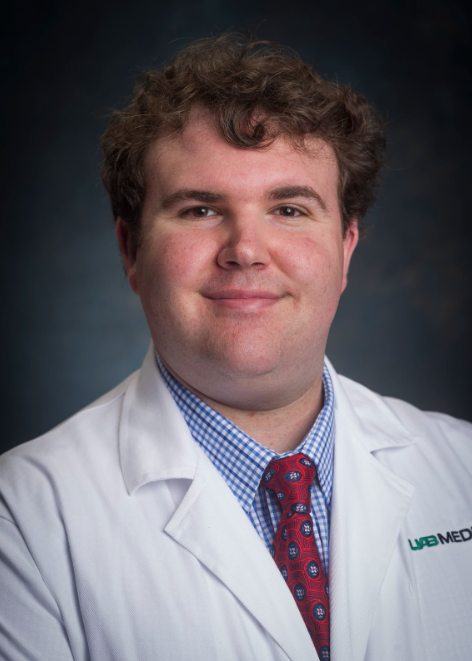
Dr. George Solomon
Associate Professor
Medicine – Pulmonary, Allergy, & Critical Care Medicine
What are some lesser-known signs and symptoms of COPD that people should be aware of?
Answer: Sometimes individuals may experience a slight cough or shortness of breath early on for no clear indication (or reason) or have recurring bronchitis leading to his/her physician to refer them to a pulmonologist who would have suspicion of COPD indication (or diagnosis). Some individuals may also experience wheezing and fatigue.
Is there a genetic component to COPD? If so, what steps can people take to be aware of the impact of their family health history? If not, what are ways that people can prevent the diagnosis of COPD?
Answer: COPD has both genetic and environmental components in some people, it is a good idea to ask your doctor to perform bloodwork to see if you have a genetic marker for COPD especially if you have never been a smoker and do not have any known exposure to chemicals which could put you at risk for diagnosis. The best way to prevent COPD is to live a healthy lifestyle, do not smoke (or stop if you do), and reduce your exposure to chemicals which could lead to irritation of the airway.
What are some common misconceptions you’ve heard in the clinic when dealing with respiratory diseases, specifically, COPD among historically underrepresented populations?
Answer: Why do I have this problem, I thought only smokers got it? I don’t know why I should stop smoking now, I am not going to get better and I can’t do anything. The doctor said he wants me to exercise, but I can’t with this lung condition.
How do you ensure that your Black patients receive the same level of care as your white patients? Specifically, how do you address barriers like insurance concerns, language, or other cultural barriers?
Answer: We treat all of our patients with the same level of dignity and respect regardless of any barriers/obstacles faced, we obtain resources whenever possible to aid individuals with language or financial concerns. We work to connect our patients with communities like NOWINCLUDED where they can connect with other people who may have experienced similar barriers too.
What is the main objective of a clinical trial? Improving the participants’ conditions or collecting data? How, if at all, do you introduce your patients to clinical trials?
Answer: While collecting data is important during clinical trials, information should be documented in a systematic way and clearly documented so everyone involved in data review can follow the source documentation. (Data is important to validate the research findings of each trial. This data should be collected the same way each time.) We always hope the trial will prove valuable to the participant in which they will learn something more or improve their condition, but certainly, the participant should never be harmed during a study. It is possible, always explained to a participant, they may be randomized to a placebo, or non treatment, group. Therefore, in this case, it would not be expected to gain a great deal of health benefits.
Introduction to clinical trials can be done in a variety of ways as long as it is approved by the review board (measures are put into place to protect you), and you follow your guidelines. Oftentimes, this is done by a physician referral process to the study coordinator who will then reach out to an individual.
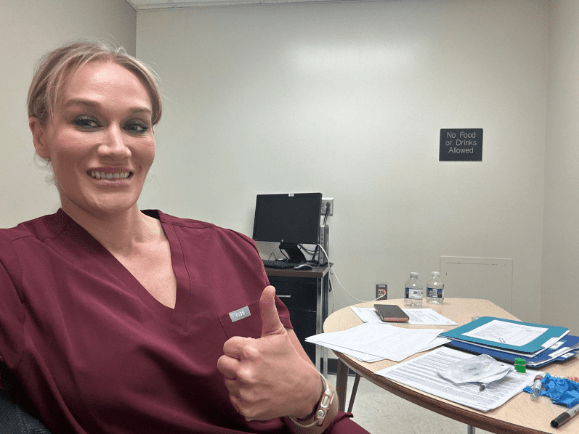
“Let’s set a goal! I DARE you on this blog, to be BOLD. Try to make someone else SMILE today!”
Brandie Cline, Clinical Research Coordinator II
Looking for ways to engage in research or have follow-up questions for Dr. Solomon? Email our team today to get answers.
In the meantime, we encourage you to take an empowered approach to your health journey. Check out our COPD article for more information and questions to help you start conversations with your doctors.
Interview done by Candace Turner, Clinical Trial Diversity Coordinator, for Acclinate’s NOWINCLUDED community. Candace is based in Birmingham, AL but works with medical advocates and HCPs all over who are passionate about improving health outcomes for her community.


